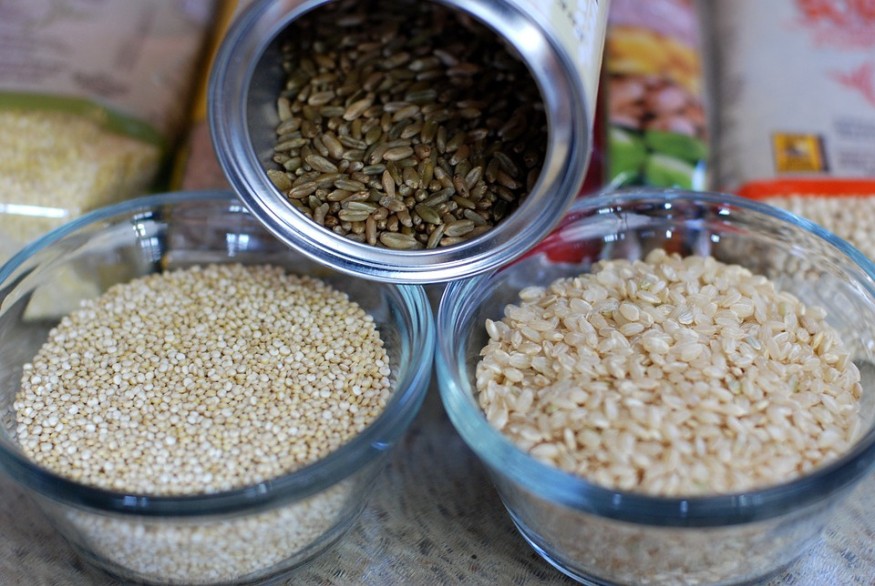
For thousands of years, whole grains have become a massive part of the human diet. A lot of people eat whole grains, and most of them consider it as their staple food. However, now that there are different types of diets in this modern world today, there are diets that don't apply whole grains in their menu because it can be a risk to your health. An example of that diet would be the paleo diet.
Refined grains are different from whole grains. Those diets that give high risk to obesity and inflammation are caused by high refined grains, not whole grain. Whole grain is healthier, and it is associated with tons of health benefits for your body.
What exactly are whole grains?
We usually hear whole grains in cereal advertisements on TV or when we go to the grocery store. In general, grains are grass-like seeds that are more commonly known as cereals. Other whole grains include rice, wheat, and corn.
There are also whole grains that are non-grass plants, and some of them are quinoa, amaranth, and buckwheat. There are three parts of whole-grain kernels: the bran, endosperm, and germ. The bran is the outer shell of the seed, and it contains all the minerals and fiber that our body needs. The endosperm is the middle layer and provides the most carbohydrates, and lastly, the germ is the inner layer with minerals, protein, and vitamins.

What are the common whole grains?
Whole grains can be found anywhere and can be bought from any grocery store or supermarket. Common entire grains are popcorn, barley, sorghum, wild rice, whole rye, millet, oatmeal, bulgur, buckwheat, brown rice, quinoa, and more.
Benefits of whole grains
First, off the list, whole grains are very rich and high in fiber and protein. The bran has all the fiber that your body will need. It also contains vitamins and minerals, including antioxidants and protein. With that, it is loaded with healthy options.
Next, whole grains can lower your risk of getting heart diseases. Thus, people who have heart problems and conditions should eat more whole grains and make it a part of their diet. Studies have also shown that people who are following heart-healthy foods should include whole-grain intake than refined grain.
Aside from preventing heart diseases, whole grains are also known to fight off type 2 diabetes. Instead of eating refined grains, whole grains should be eaten more often because it is rich in fiber. It is also the best food to take when you are trying to fight off obesity, which can lead to diabetes when not prevented.
Since whole grains are rich in fiber, it can also help and improve your digestion. It lowers your risk of having constipation, and the fiber will act as prebiotics, which helps feed your gut bacteria.
Despite all the health benefits the whole grain has to offer, keep in mind that just like other foods in the chart, whole grains are not for everyone. If you plan to try a new diet or shift to a new one, make sure to seek a doctor's opinion first to lay out all the foods that are good for you to take.
ALSO READ : 6 Low-Fat Foods You Should Be Aware of



